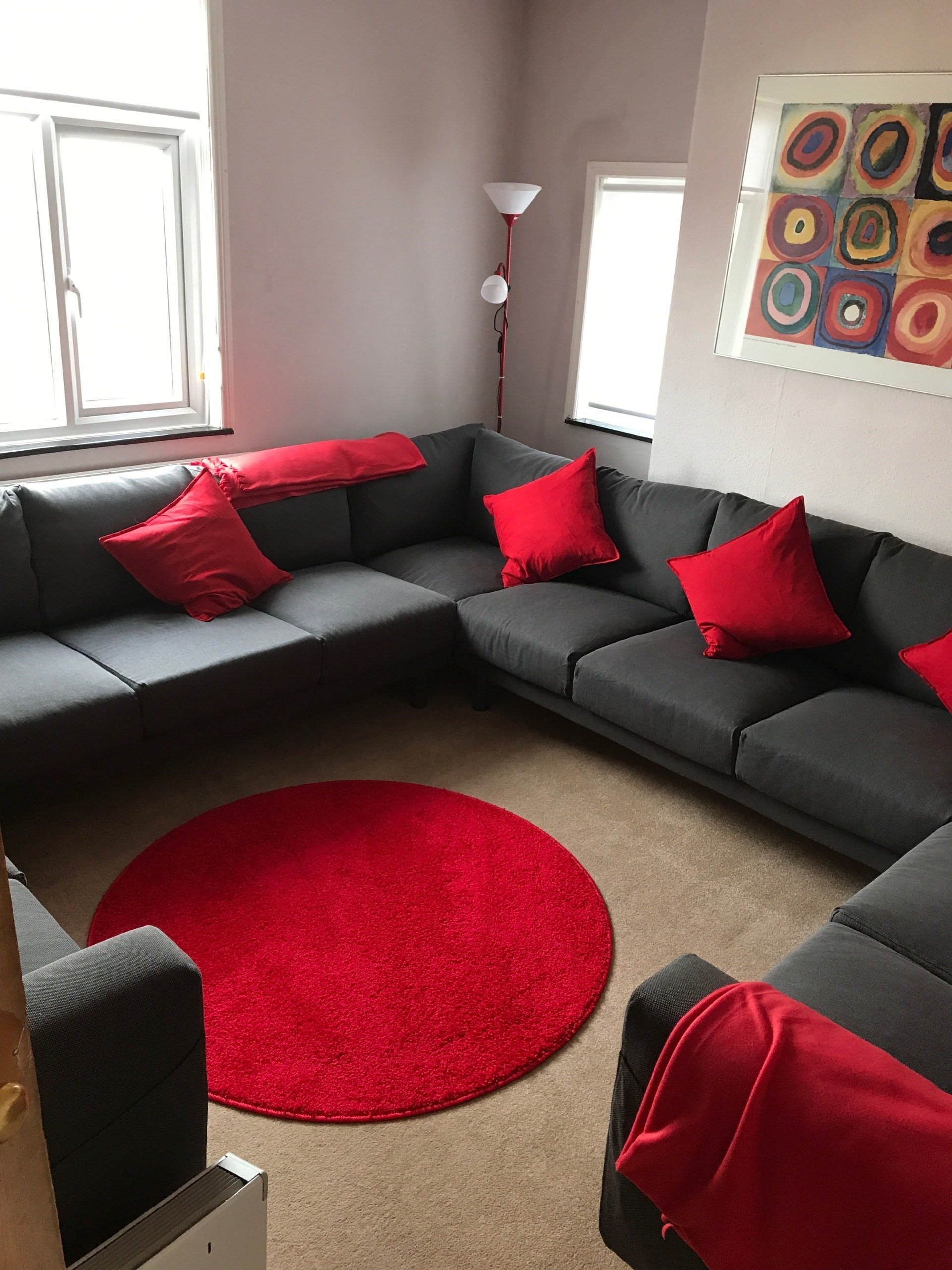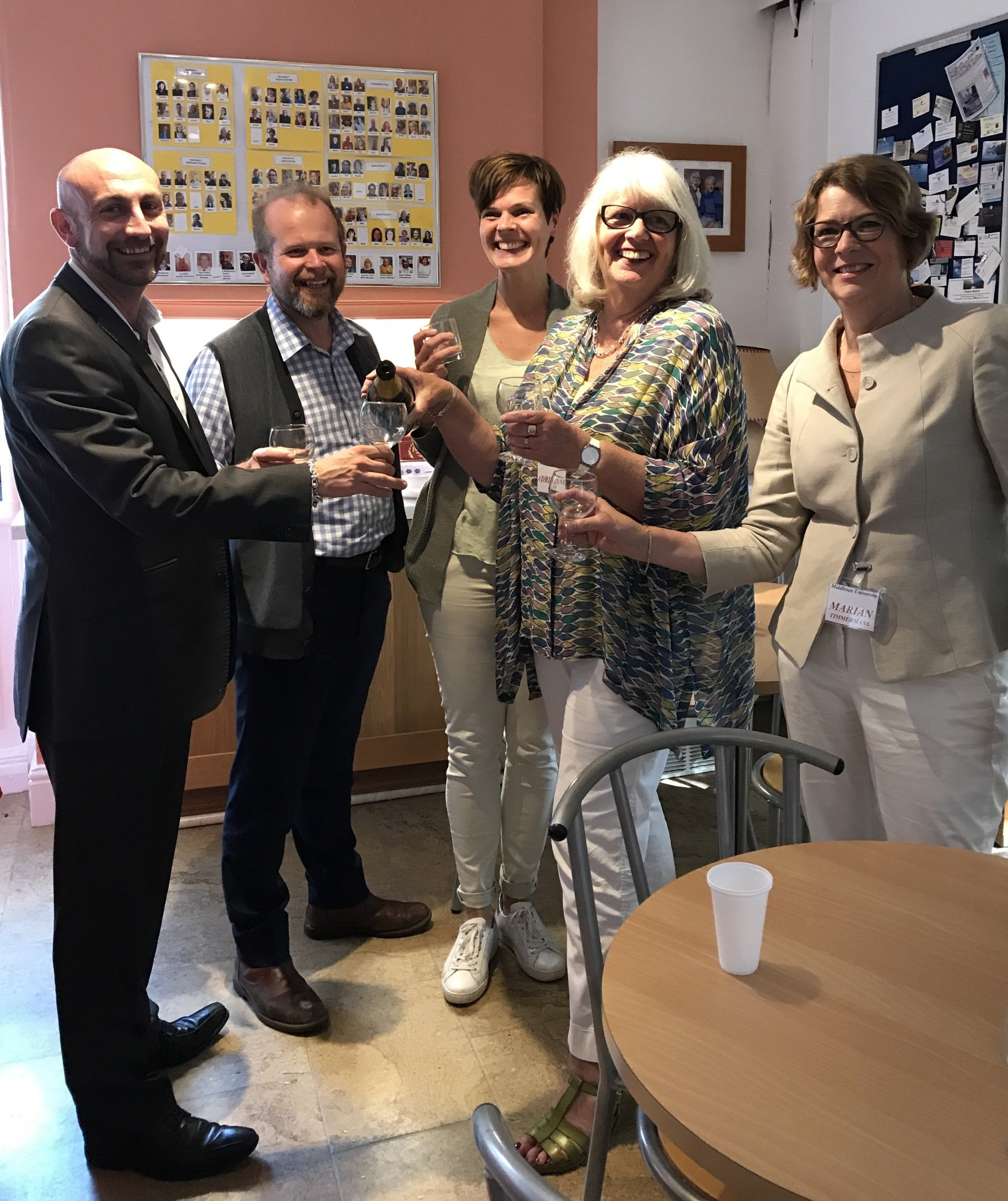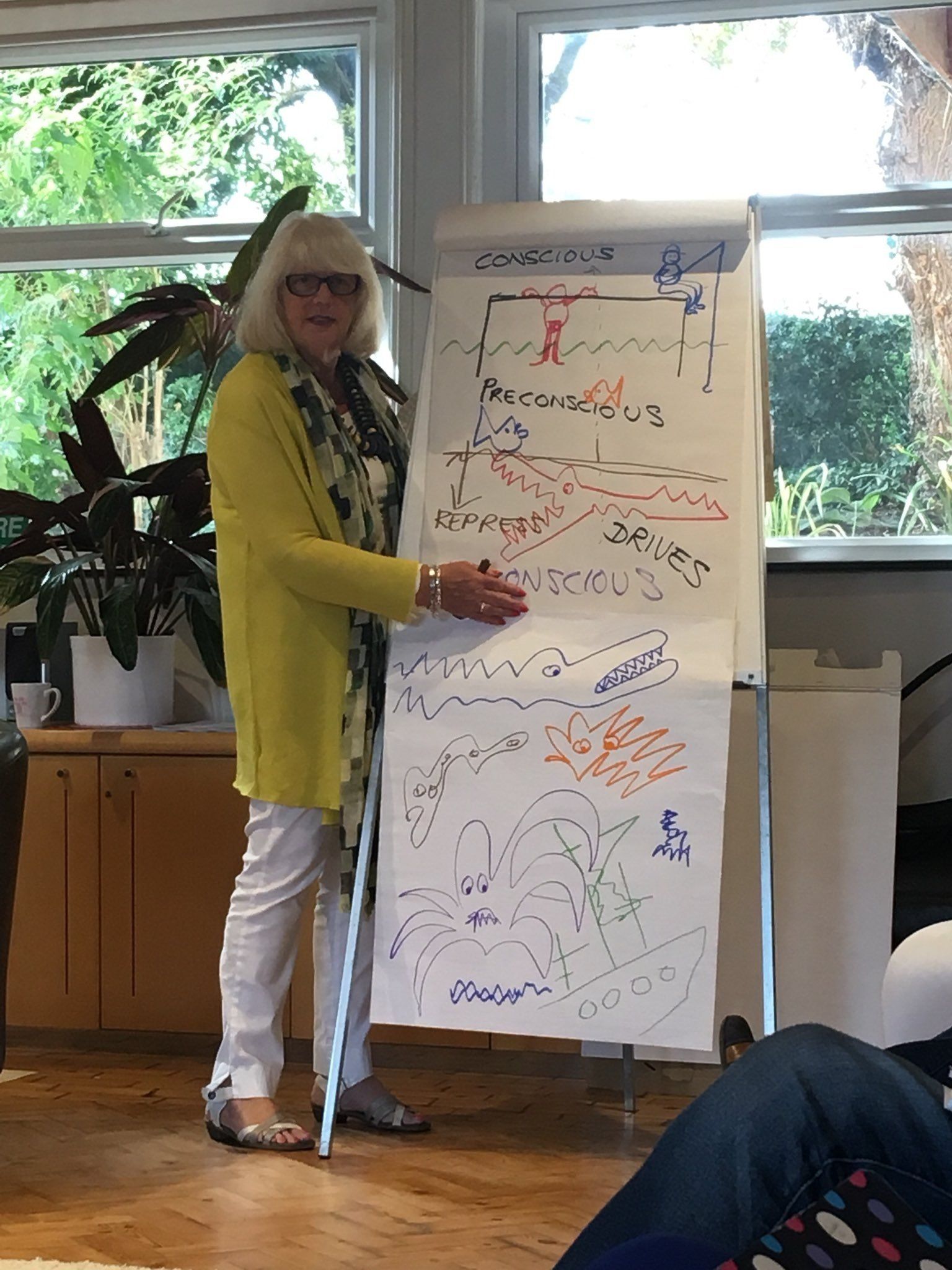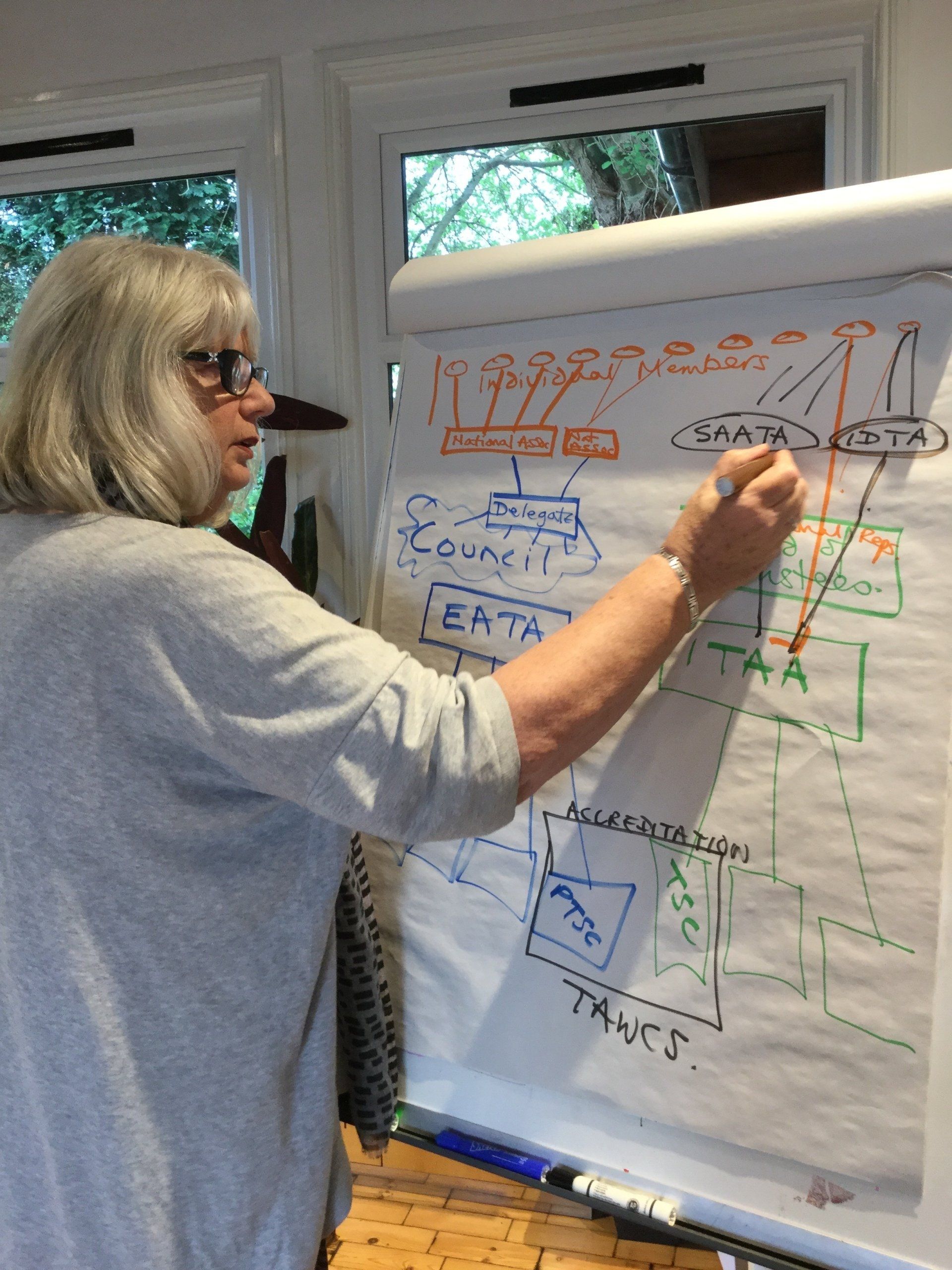The Art and Science of Helping
About the Course
This 2 day in person or 3 day online workshop will look at bringing consciousness, spirituality and the ecological perspective to TA Psychotherapy. Do you ever worry that you don't know enough theory? The biggest thing you may get to know on this course is that you are not alone. This can be key to staying aware of the spirit of what we do as helpers, not just the technicalities. When we are aware of this we can be more open to the spirit of those who seek our help. That is how we can make space for transformation to happen.
-
Who is it for?
The course is open to anyone as well as Advanced Psychotherapy trainees at The Berne Institute and those in training elsewhere.
-
Qualification and Accreditation
The course will provide the equivalent of five full days of CPD experience.
-
Course Content
The course will unfold as an experiential exploration of the holistic application of TA. In practice this means working with awareness of Mind, Body, Spirit and Context. Theories help us to feel secure about what we do because they provide a kind of certainty. But any attempt to help another person will always involve uncertainty, and coping with it takes personal courage as well as knowledge and skill. My aim on the course is to be helpful to TA trainees and practitioners as they grapple with this complexity
1. Some elaboration of familiar theory
Based on a whole-life model of development we will consider the concept of self-actualisation. We will look particularly at the formation of ego states, the concept of OK-ness and the notion of social and psychological autonomy.
2. The complex issue of consciousness
Consciousness is what you wake up into every day. Conventional science assumes that consciousness arises from observable activity in the material of the body, particularly the brain. But there is a lot of evidence that does not support this view. We will look at the impact of a shift towards a model of non-material consciousness on our work.
3. A spiritual perspective
Spirituality is not the same as religion, which is culturally transmitted. Defined as the quest for larger meaning and purpose, spirituality is an innate capacity in all of us. As a natural aspect of human psychological potential it can form part of a therapeutic dialogue. We will look at how this perspective can support the work we undertake.
4. An ecological perspective
In his book “The Myth of Normal”, Gabor Mate asks how we are to understand, in our world of increasing technical expertise, that we are seeing more and more chronic physical and mental illness. He concludes that a failure of connection to self, others and the planet is the reason. To reclaim this we need to equate what we see as normal with what is natural. They are currently very far from aligned. We will consider how this informs our work.
5. The context of now
Life in the 21st century presents many complexities and multiple new uncertainties. Even our climate and our eco-systems are struggling to maintain stability. This deeply impacts the human psyche. Psychotherapy has never been more in demand. As professional helpers, how can we respond in this context? How might we best make a difference?
-
Eligibility and Entry
To book a place, please email office@theberne.com or click the Apply Now button below. Full details of how to access the Zoom link for both workshops will be emailed to you once your booking is confirmed. You will need a computer, stable internet access, and somewhere private to be while you are accessing the highly interactive course.
In person workshop times are 10.00am to 5.00pm, usually with a break around 1pm for lunch and shorter breaks throughout the day. Online workshop times are 7pm to 9pm.
Summary
Course Cost
Fees 2023/24
£525
Course Dates
Dates 2023/24
21st & 22nd February 2024
In Person at Berne House
21st March, 25th April, 16th May 2024
Live Online 7pm to 9pm
5th & 6th June 2024
In Person at Berne House
Tutors
John Heath
BSc, MEd, AFPBSsS, TSTA(P)
Our Core Philosophy
At The Berne Institute we recognise that people come into TA training with widely differing experiences of clinical practice, theoretical knowledge and formal academic learning, and that they differ widely also in their current personal resources and skills. Our courses therefore honour the uniqueness of each individual’s learning and experience and their different learning styles, pace and areas of competence.
The philosophy and practice of Homonomy that respects our mutuality and interconnectedness has been recently integrated into the Berne Institute philosophy. The aim is to expand the focus in our theory and practice from individual change to include a focus on the wider implications of our work on the whole community and our planet.
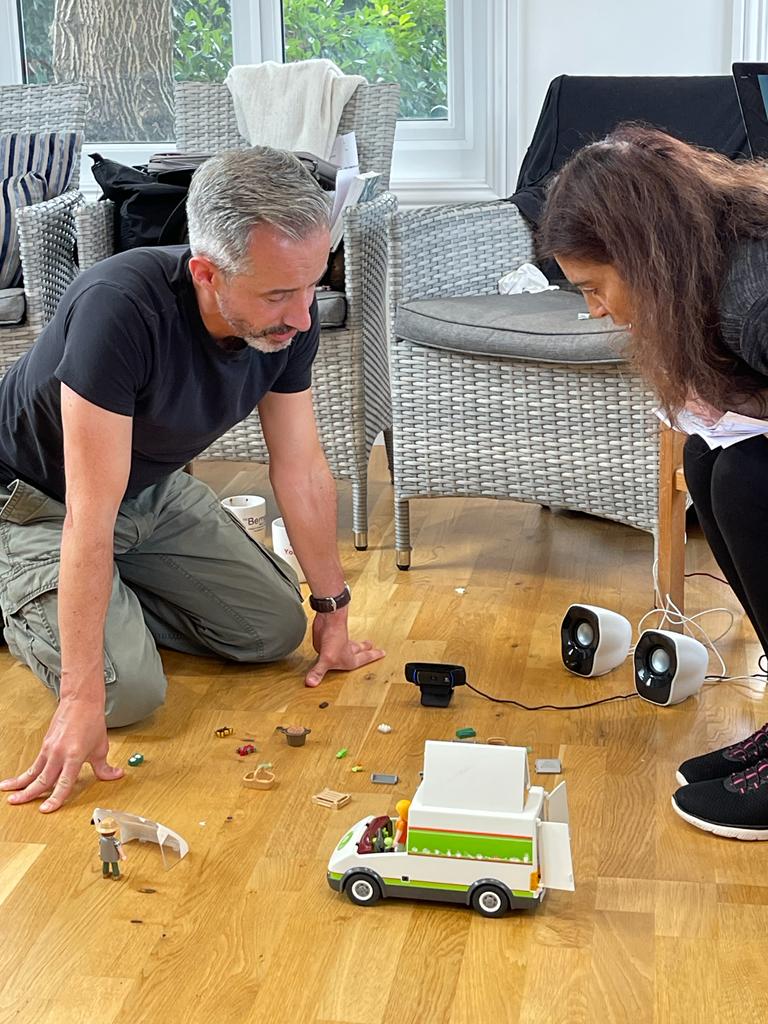
Slide title
Write your caption hereButton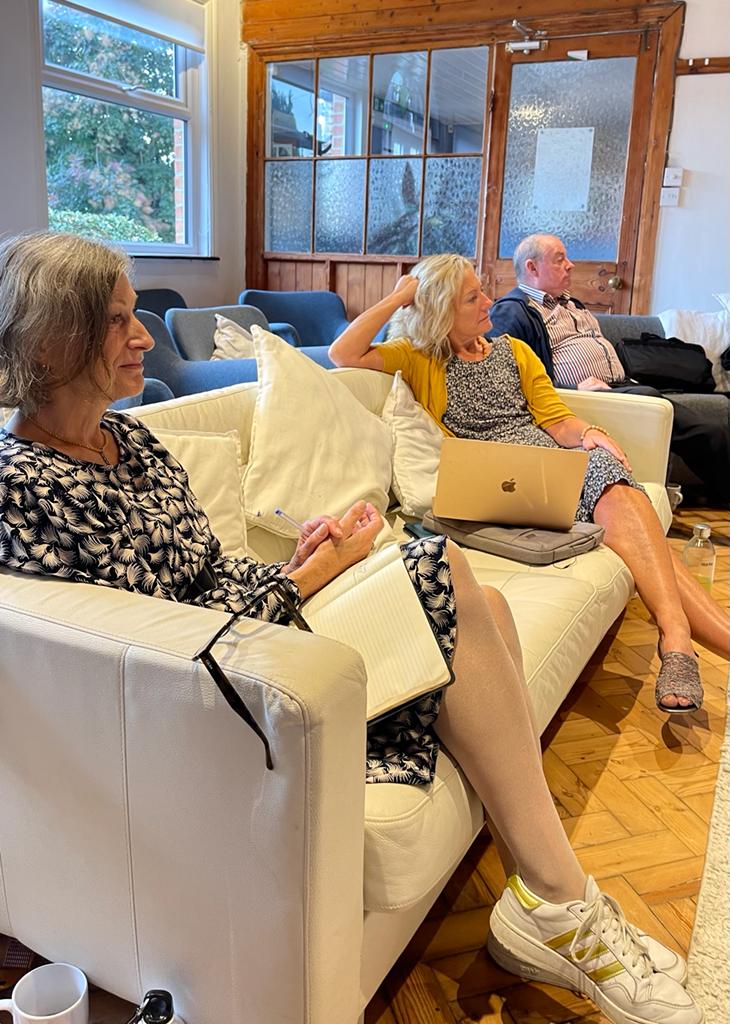
Slide title
Write your caption hereButton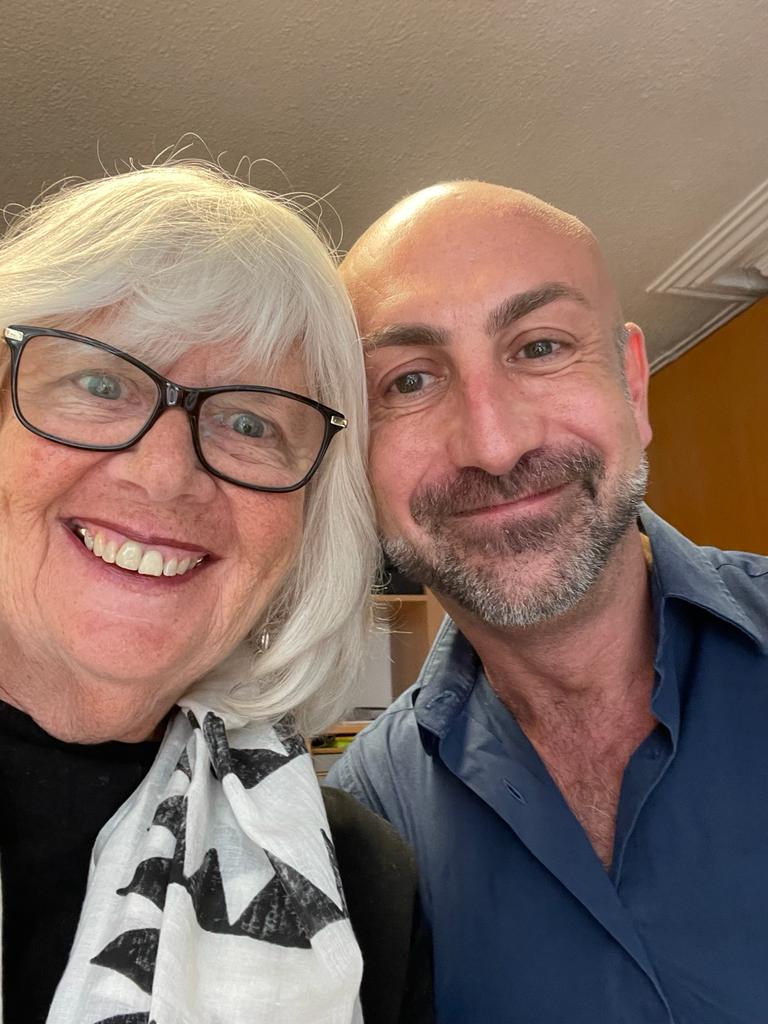
Slide title
Write your caption hereButton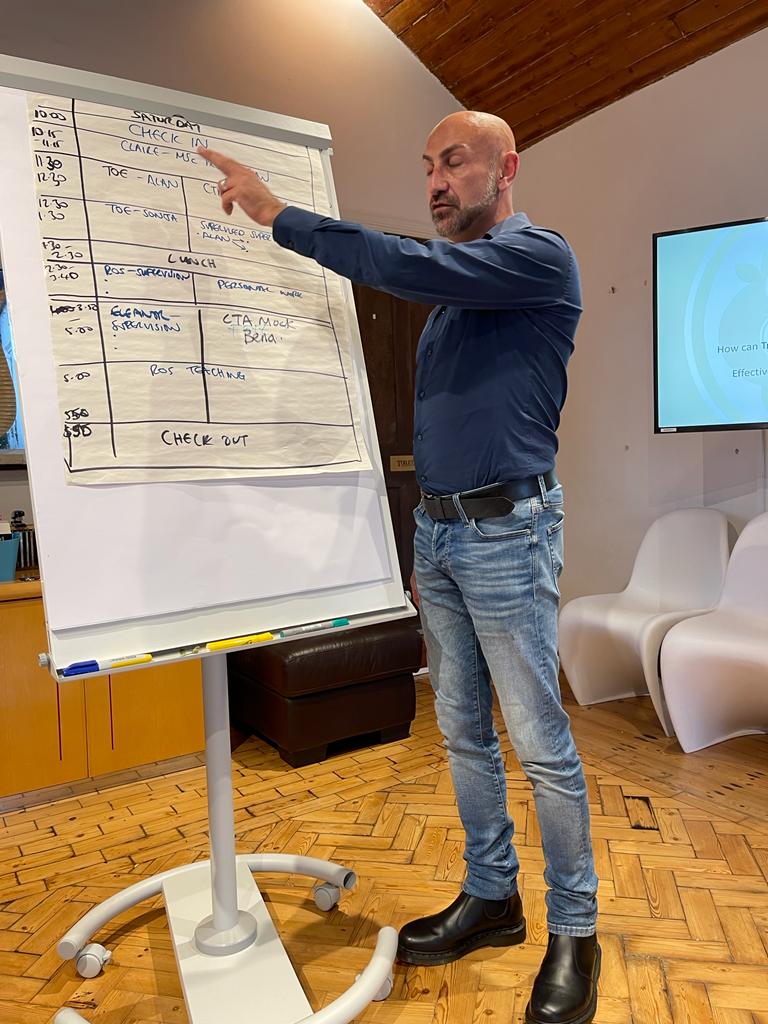
Slide title
Write your caption hereButton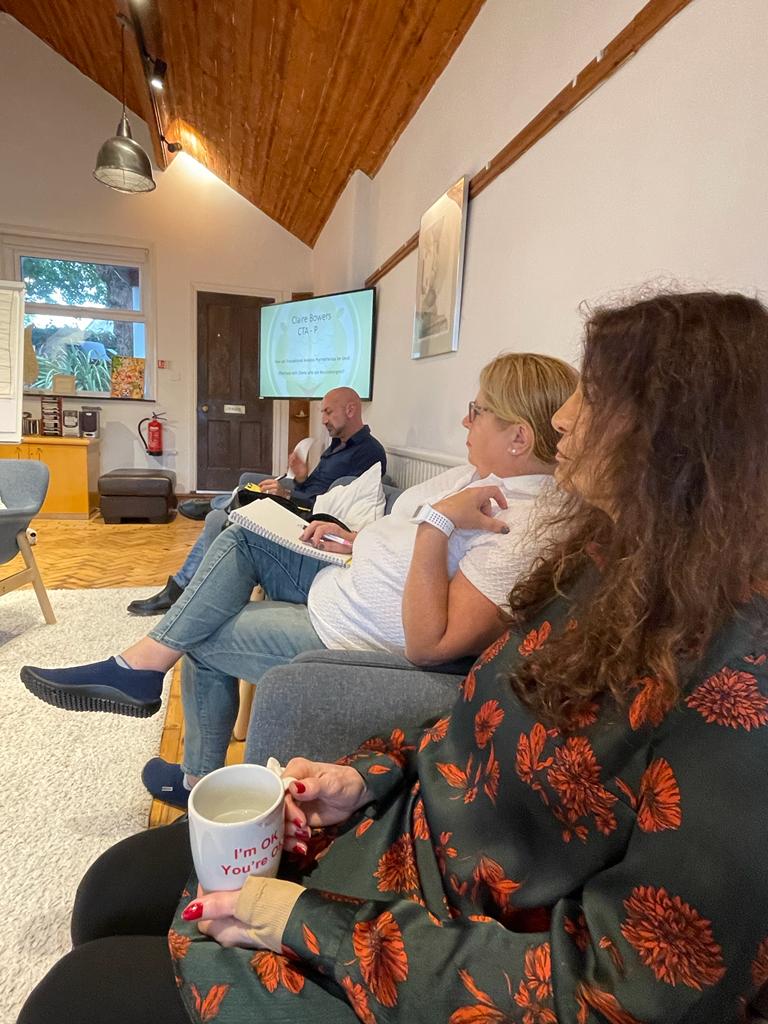
Slide title
Write your caption hereButton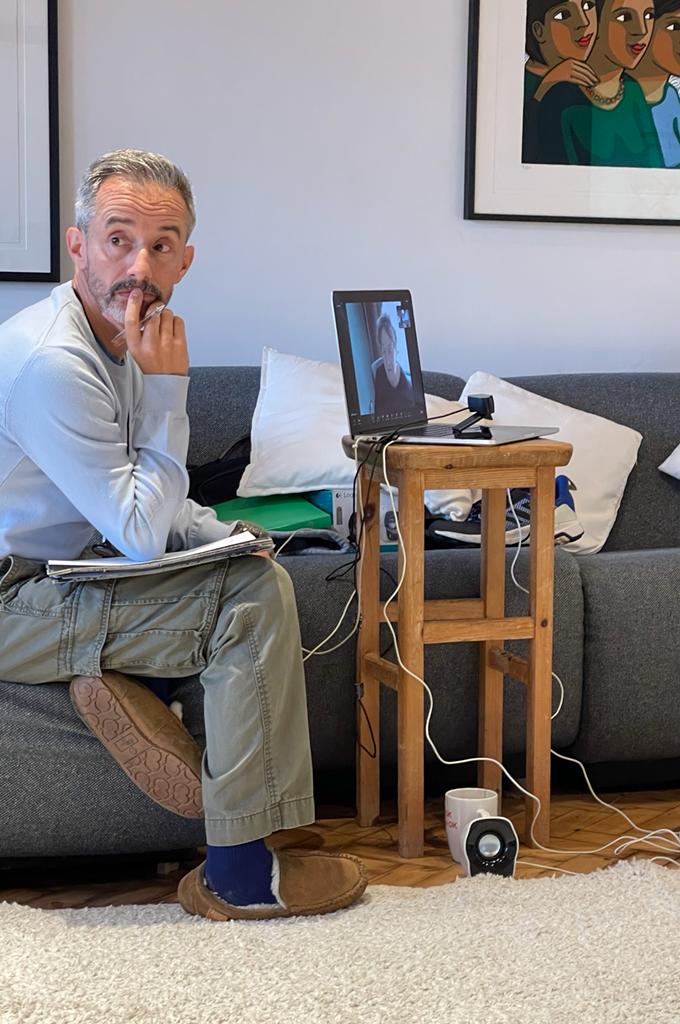
Slide title
Write your caption hereButton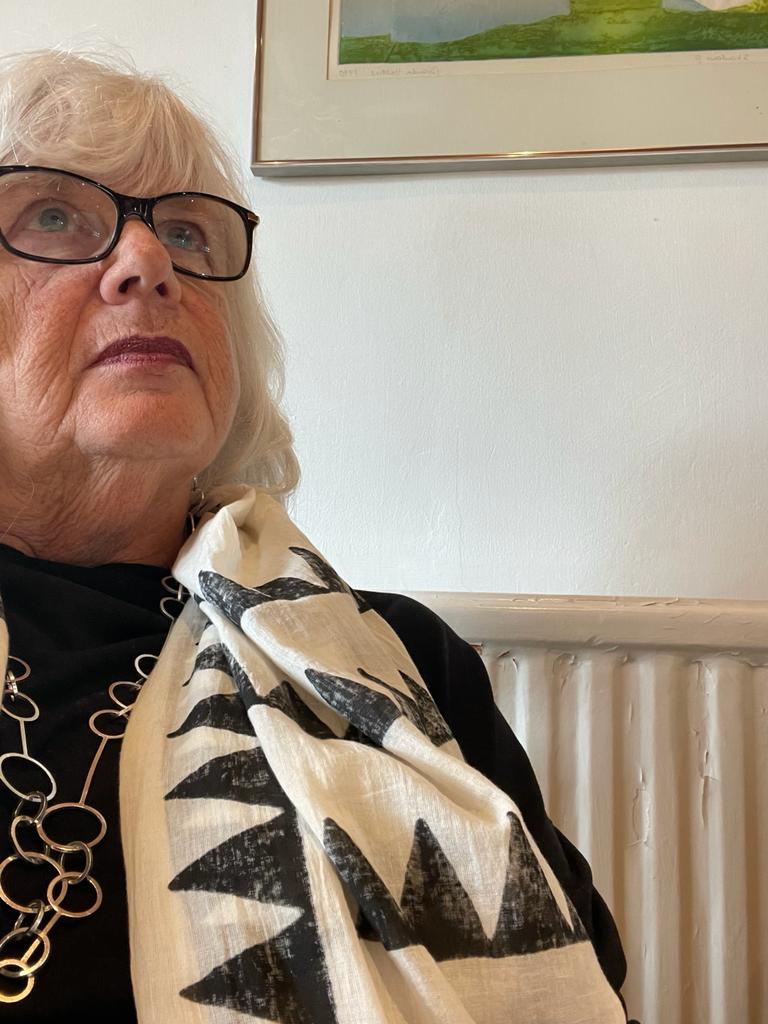
Slide title
Write your caption hereButton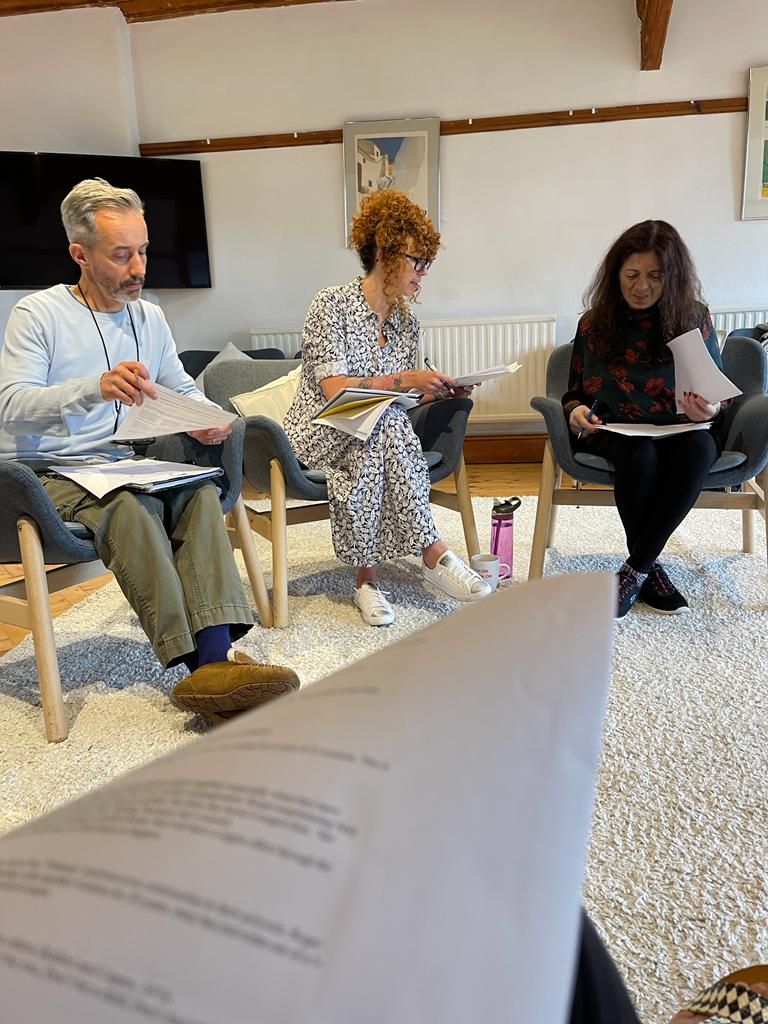
Slide title
Write your caption hereButton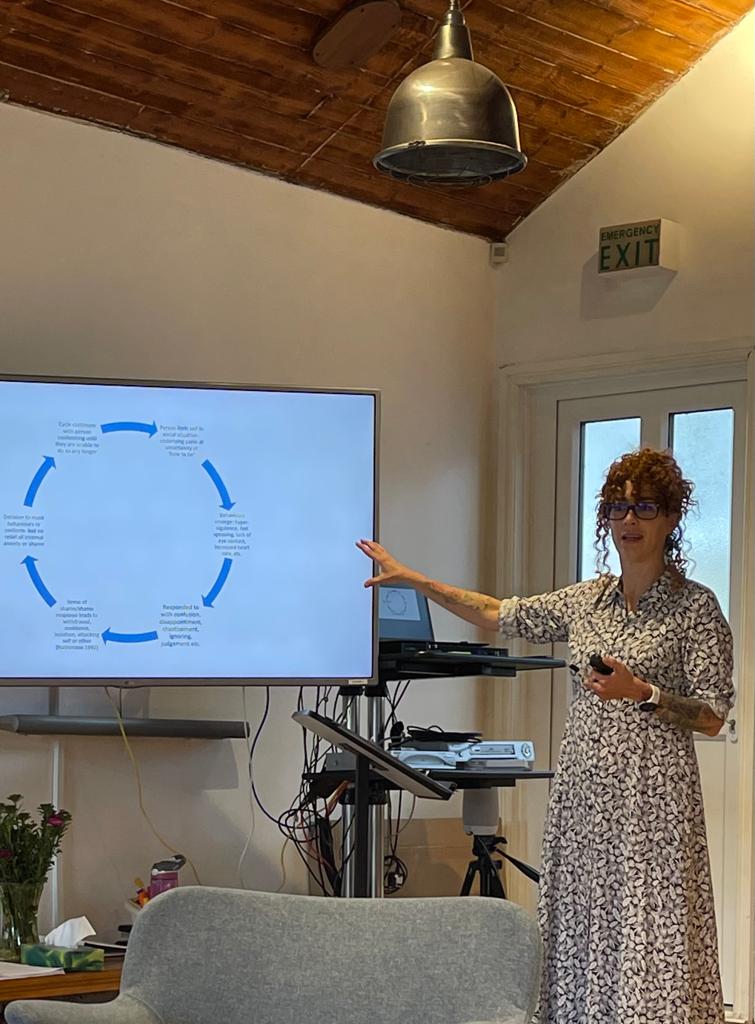
Slide title
Write your caption hereButton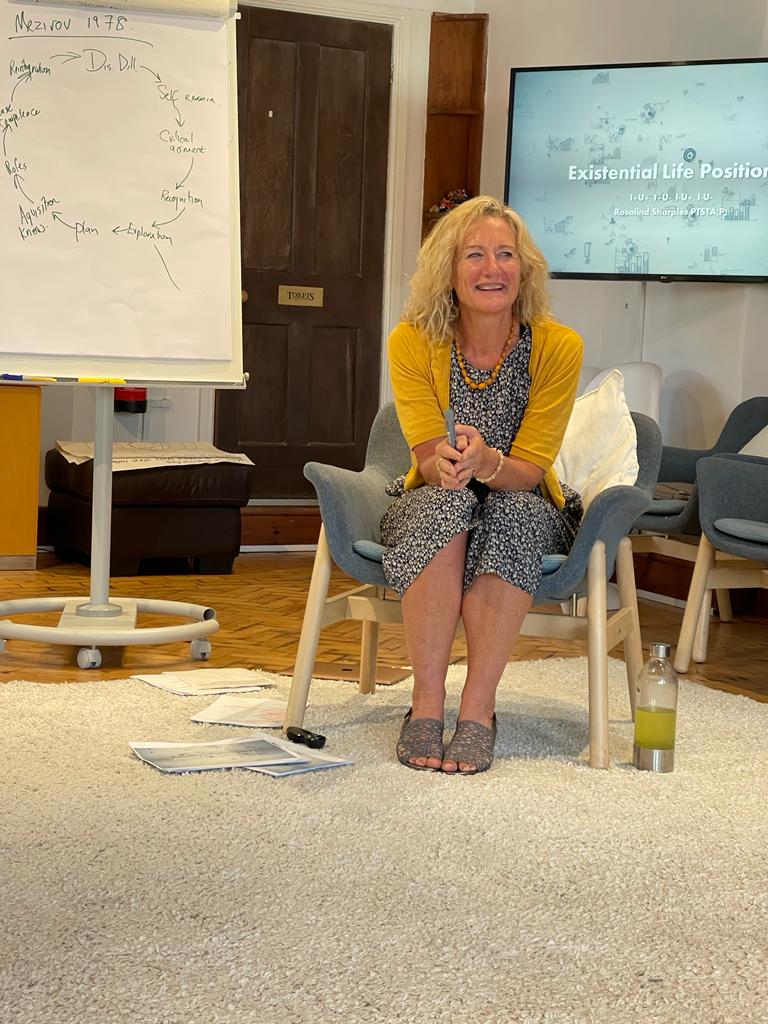
Slide title
Write your caption hereButton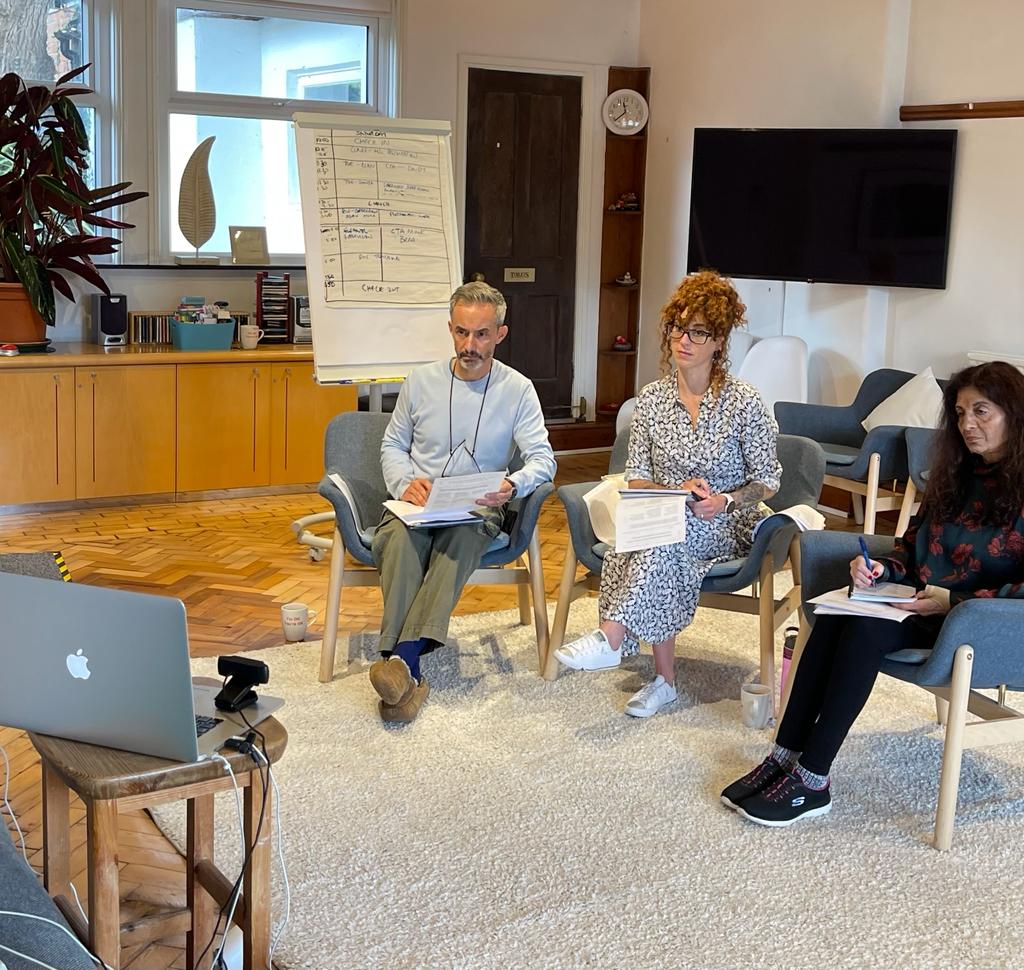
Slide title
Write your caption hereButton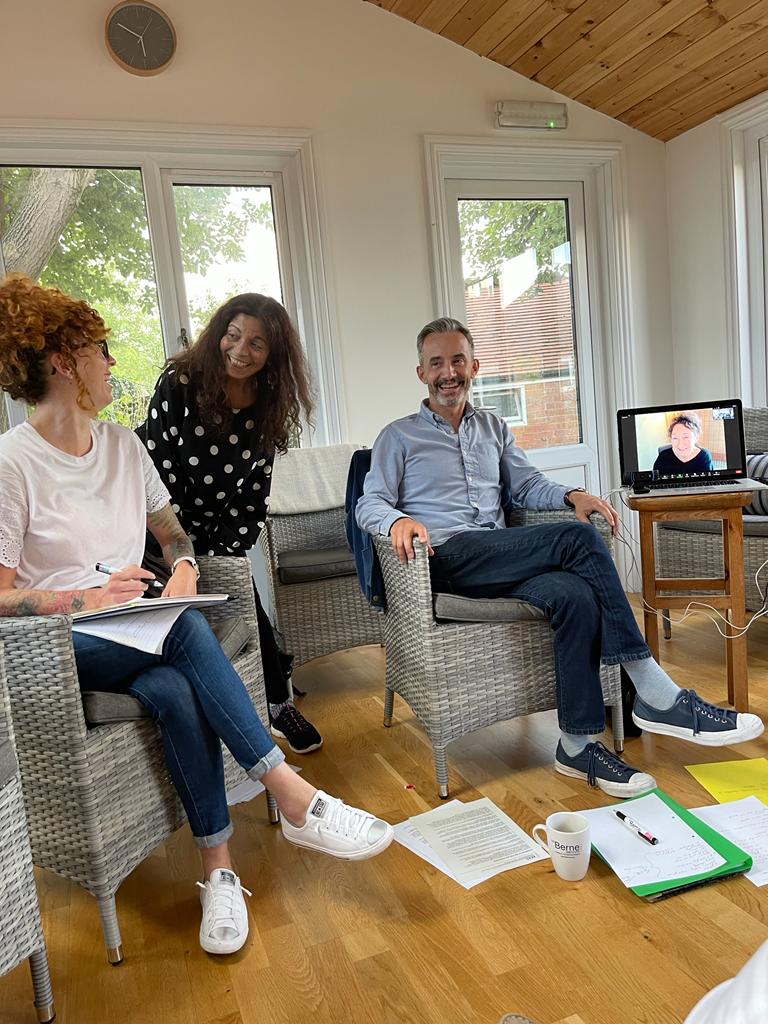
Slide title
Write your caption hereButton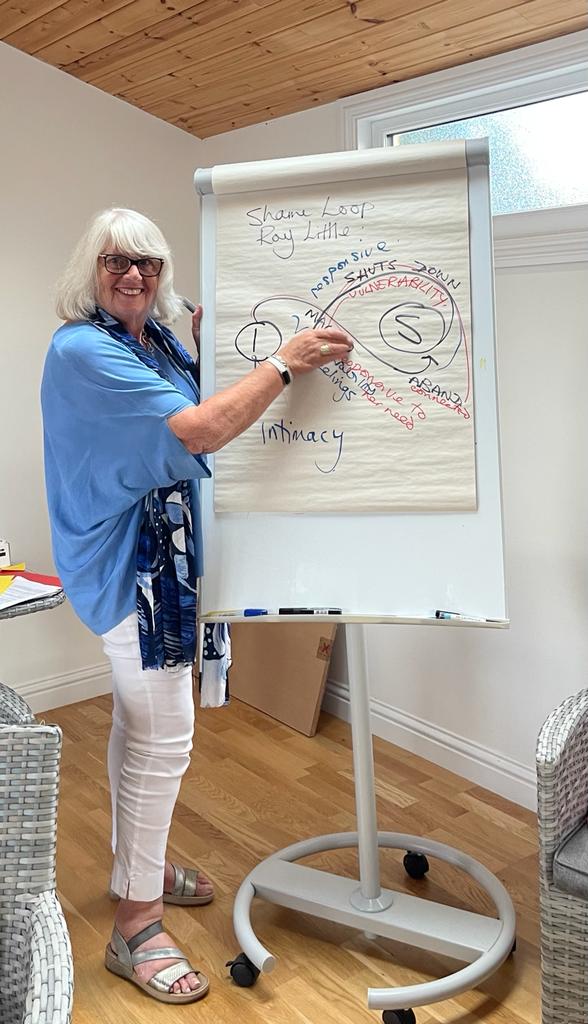
Slide title
Write your caption hereButton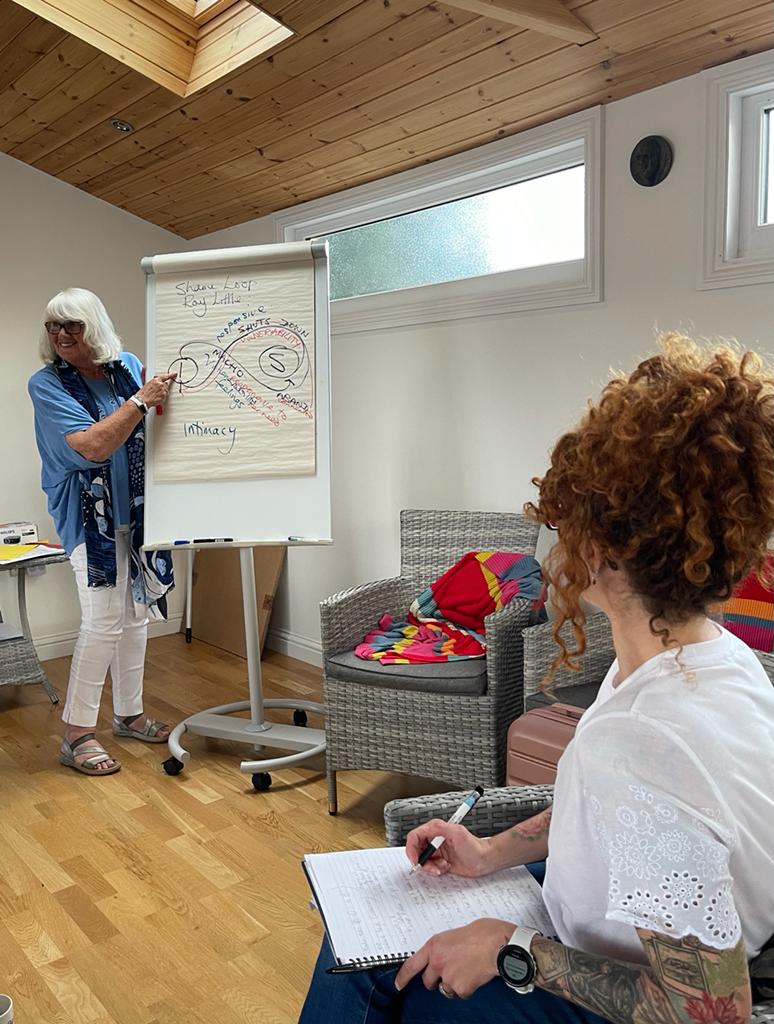
Slide title
Write your caption hereButton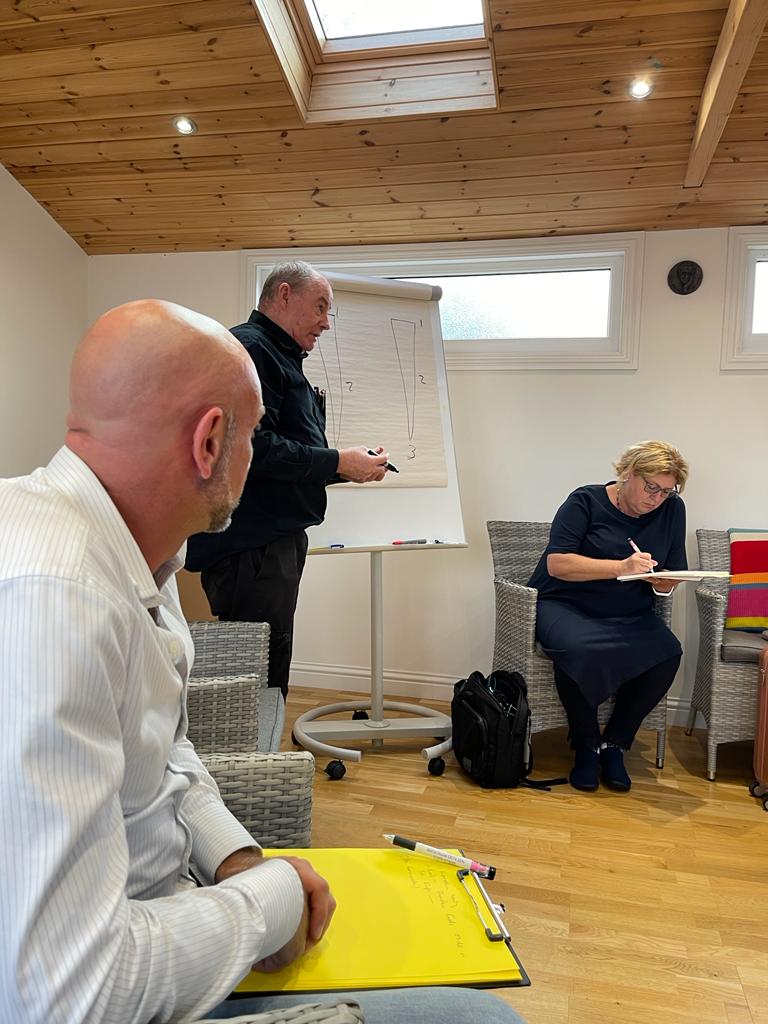
Slide title
Write your caption hereButton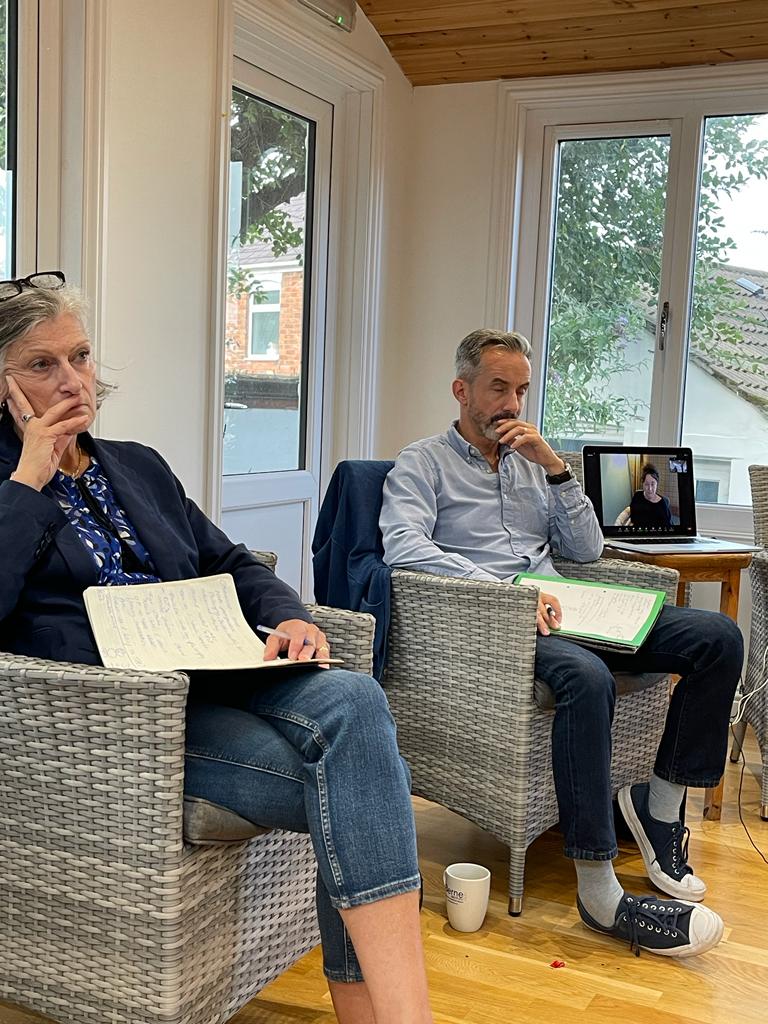
Slide title
Write your caption hereButton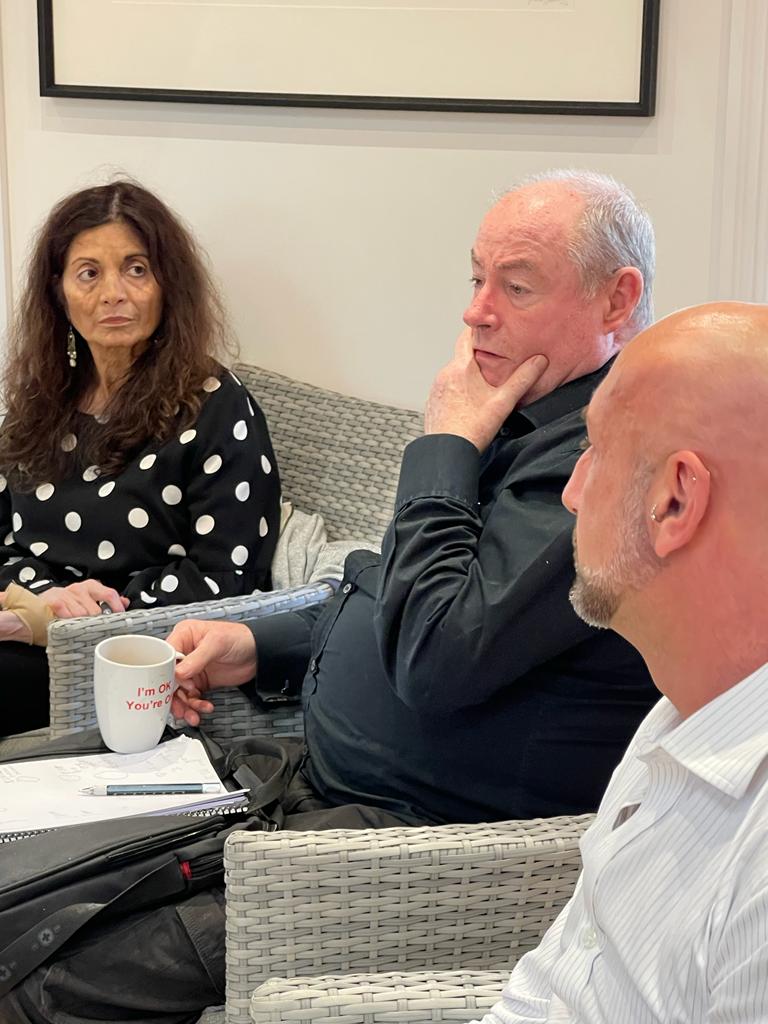
Slide title
Write your caption hereButton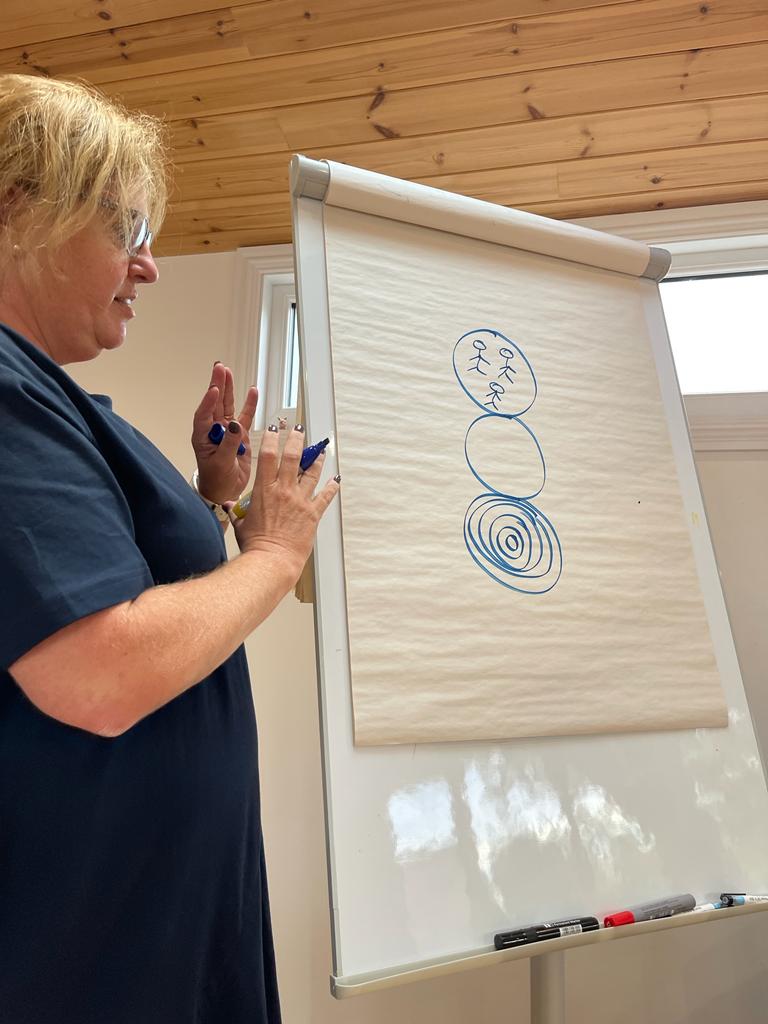
Slide title
Write your caption hereButton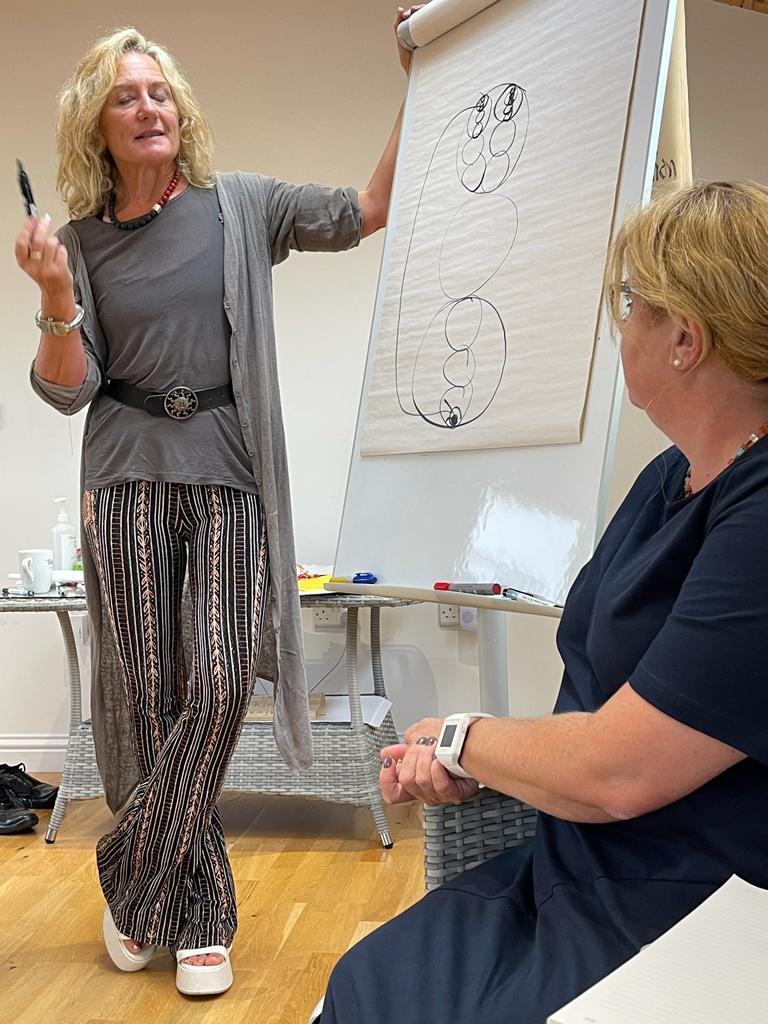
Slide title
Write your caption hereButton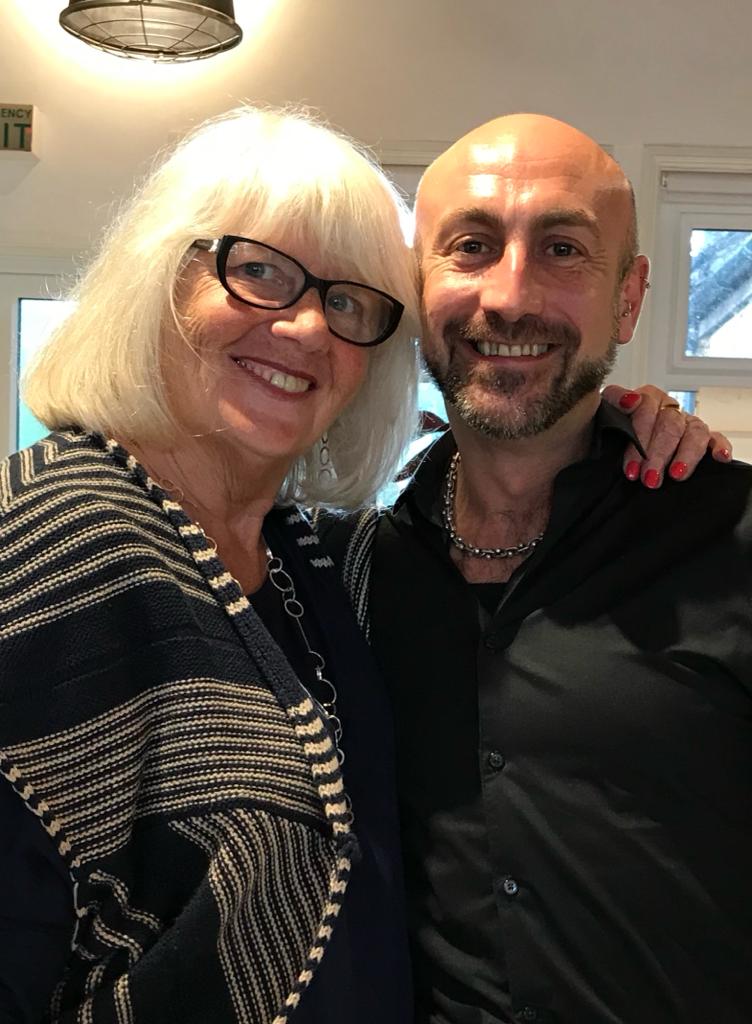
Slide title
Write your caption hereButton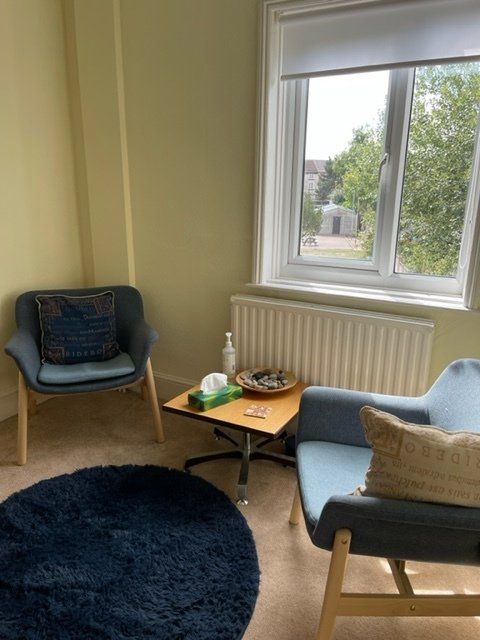
Slide title
Write your caption hereButton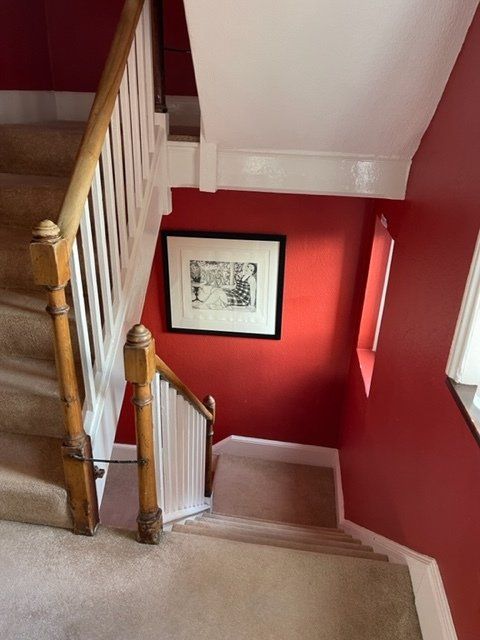
Slide title
Write your caption hereButton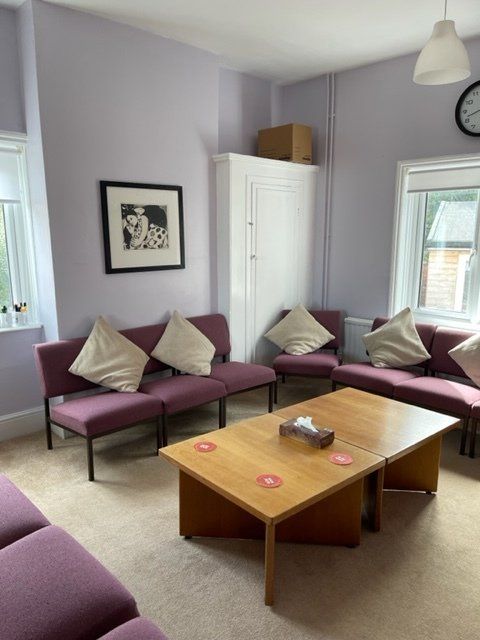
Slide title
Write your caption hereButton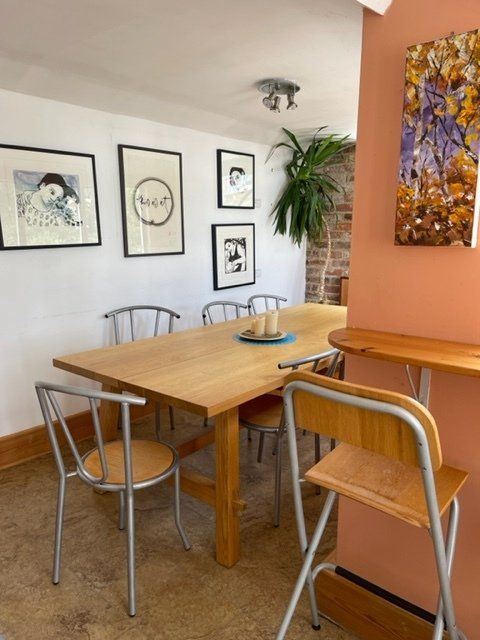
Slide title
Write your caption hereButton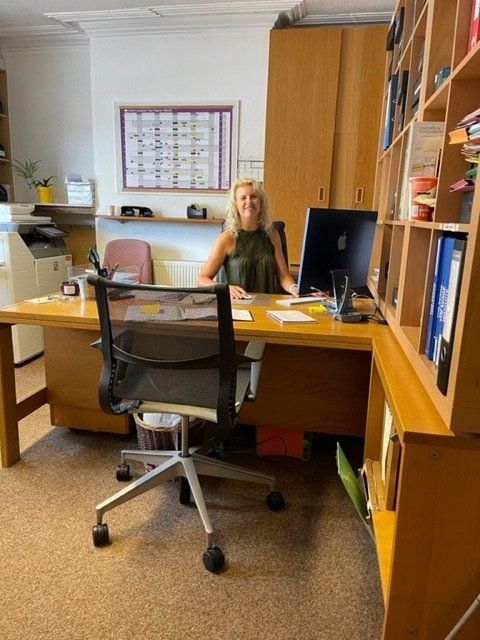
Slide title
Write your caption hereButton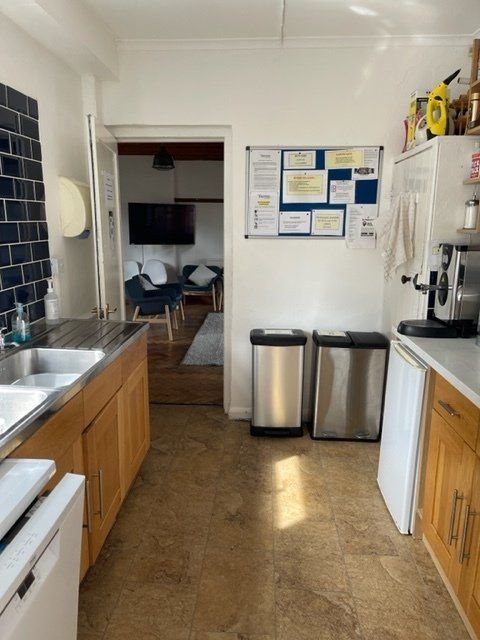
Slide title
Write your caption hereButton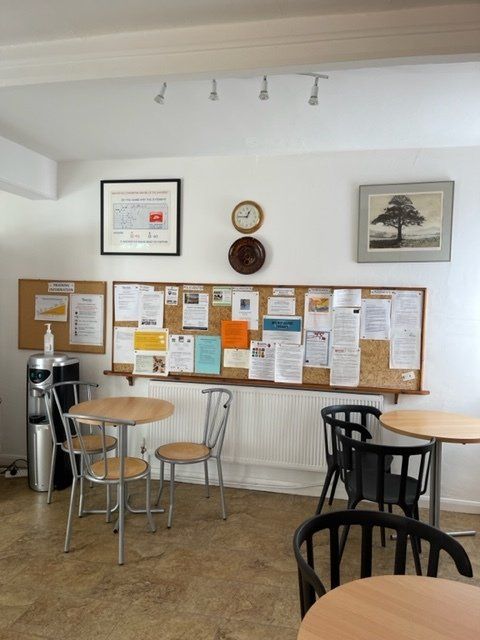
Slide title
Write your caption hereButton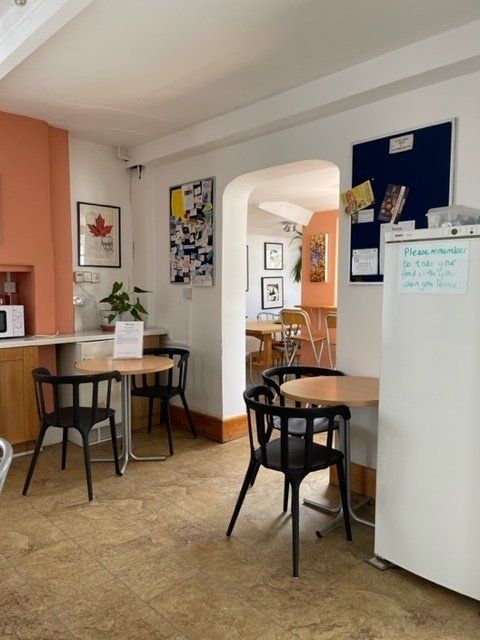
Slide title
Write your caption hereButtonSlide title
Write your caption hereButton
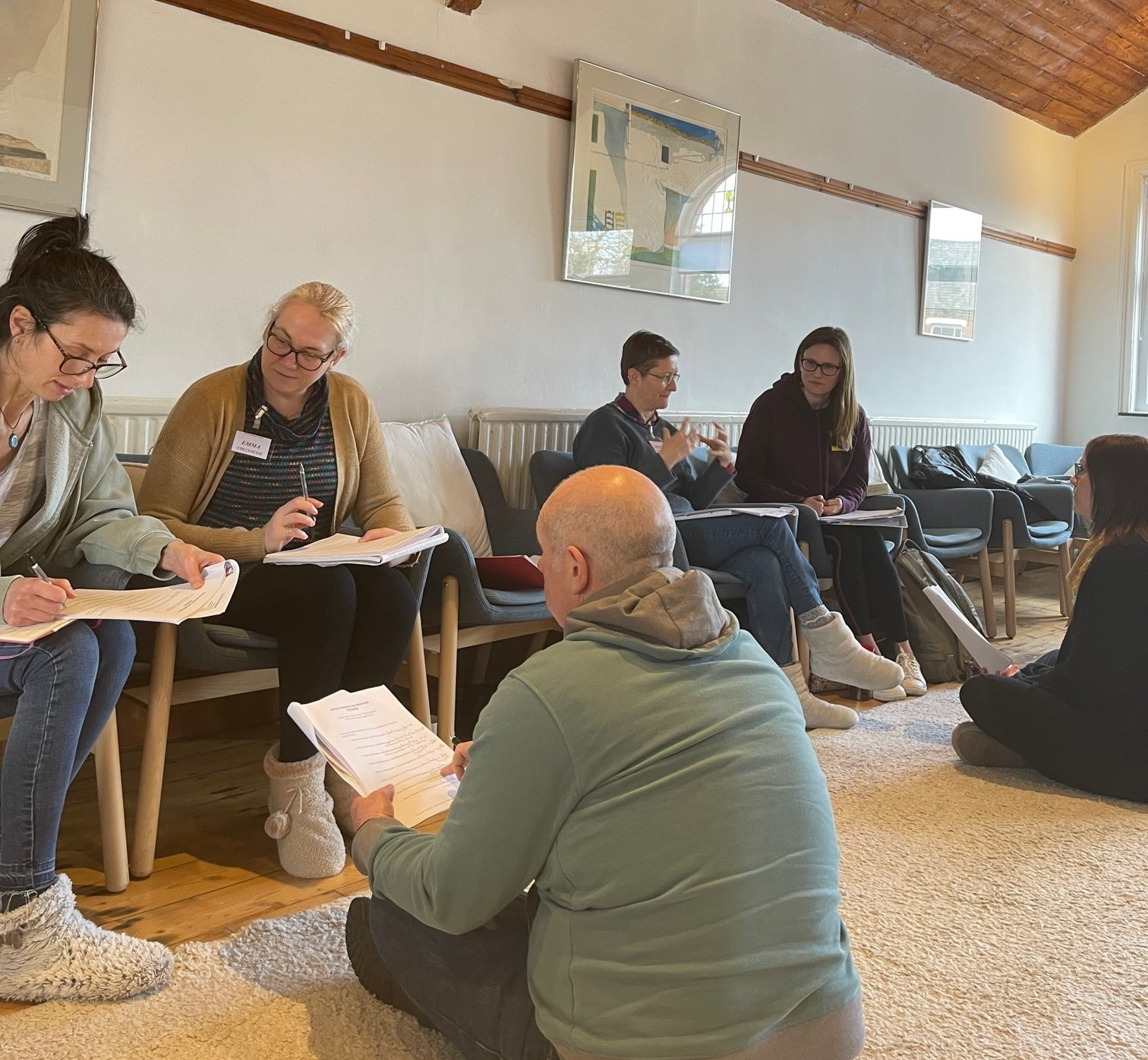
Slide title
Write your caption hereButton
Slide title
Write your caption hereButtonSlide title
Write your caption hereButton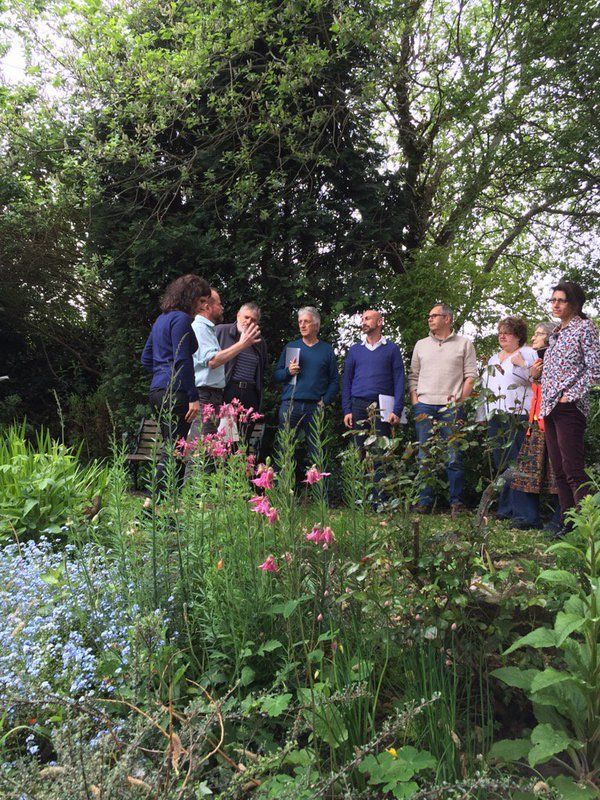
Slide title
Write your caption hereButton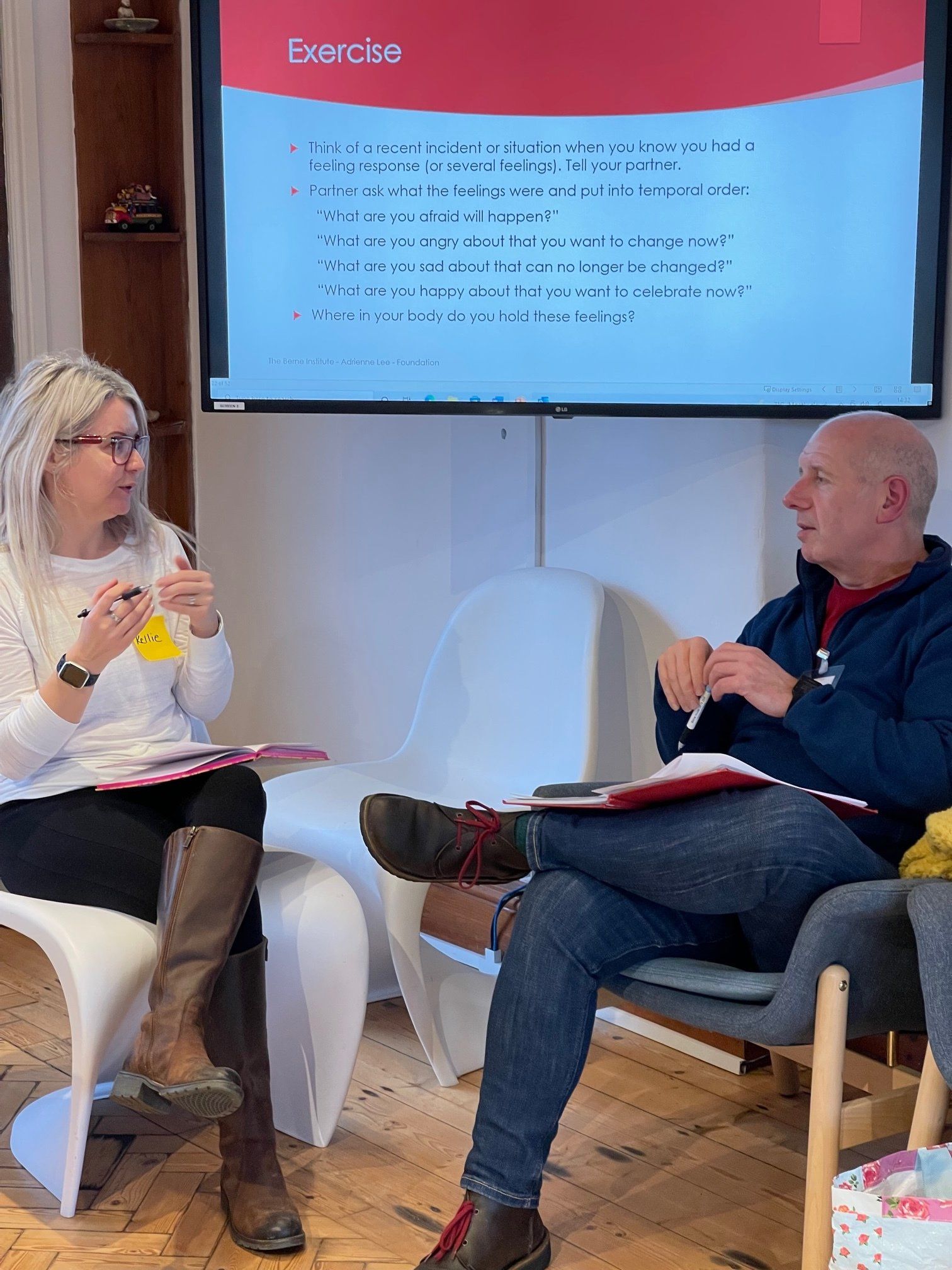
Slide title
Write your caption hereButton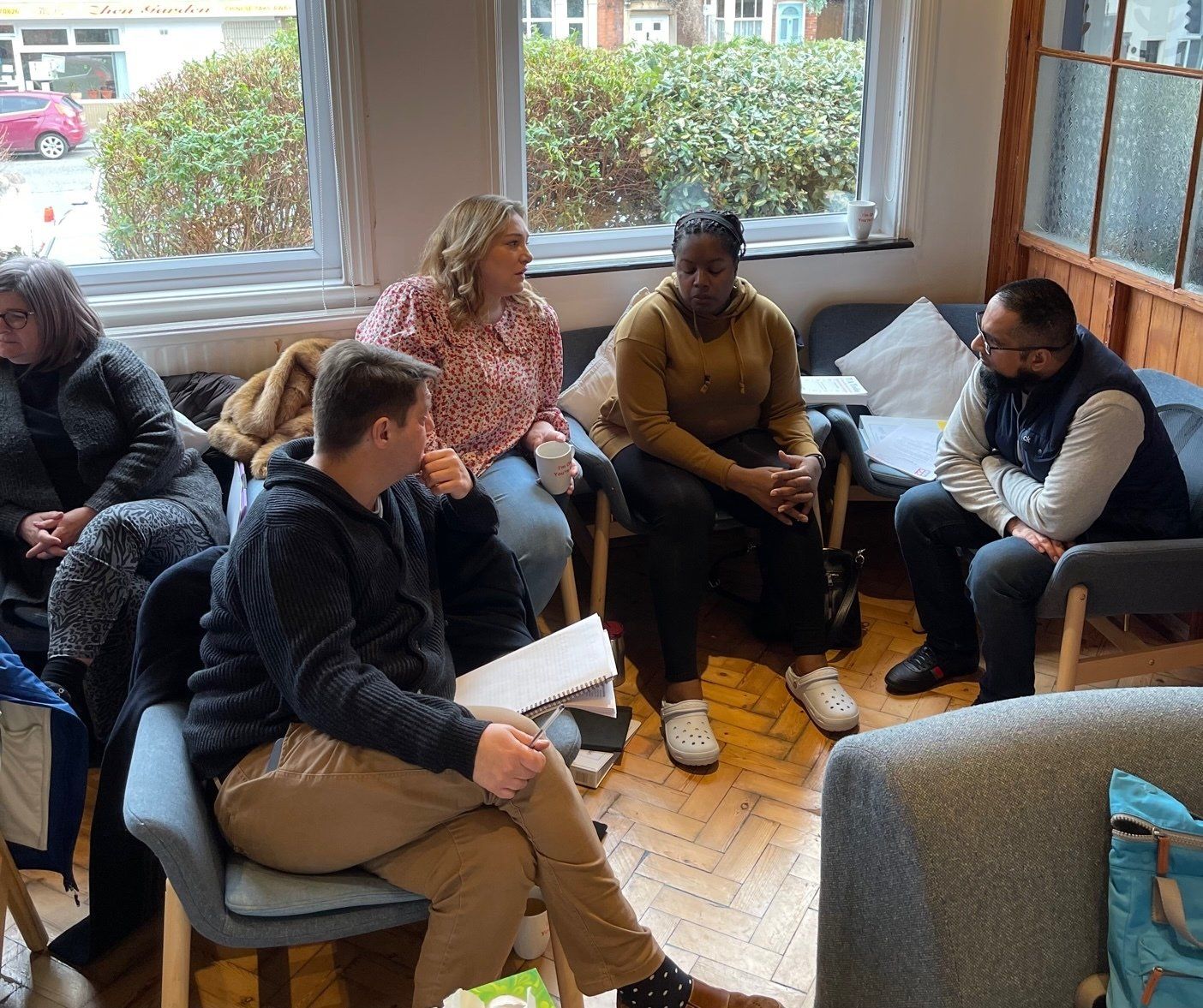
Slide title
Write your caption hereButton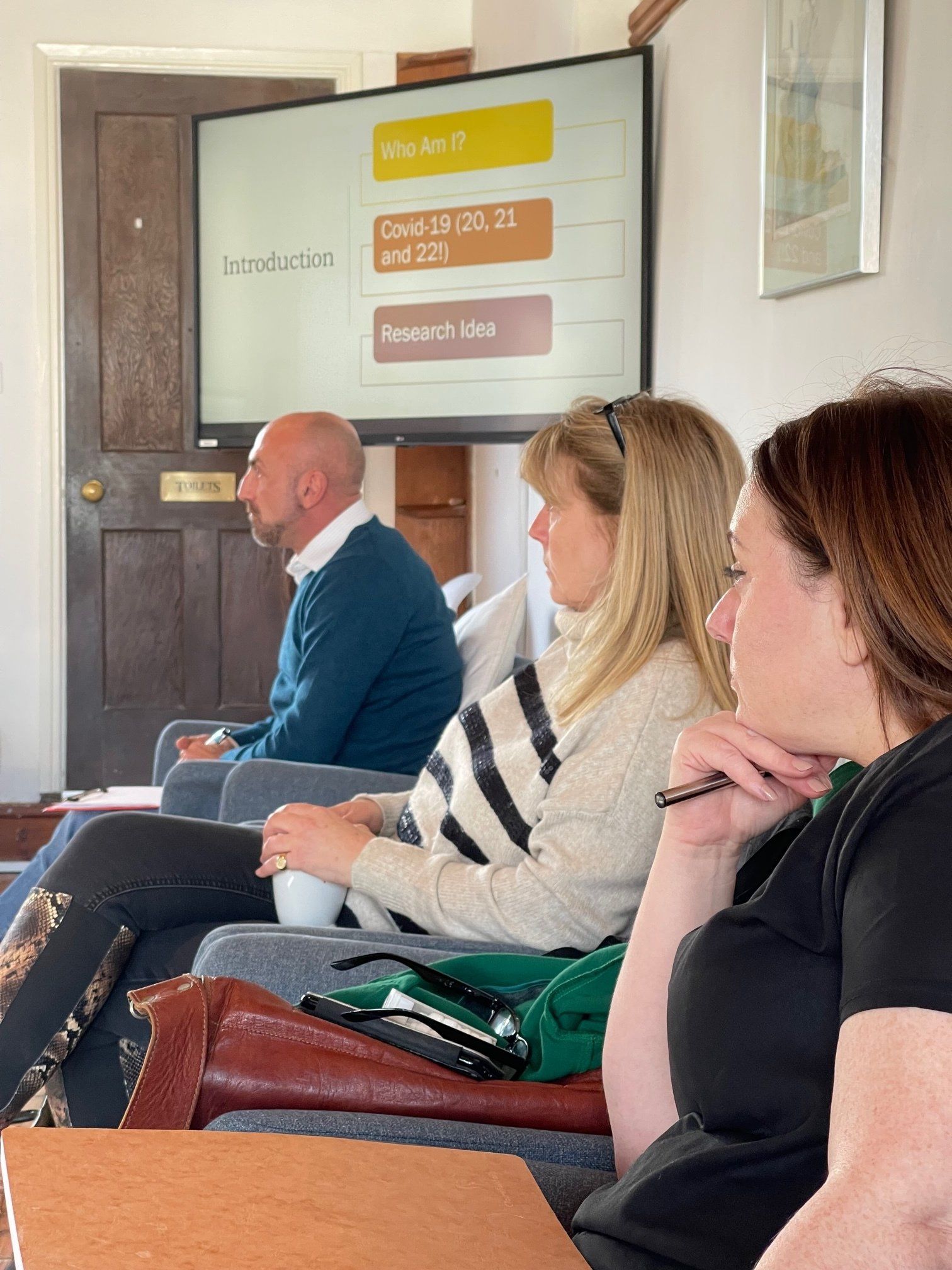
Slide title
Write your caption hereButton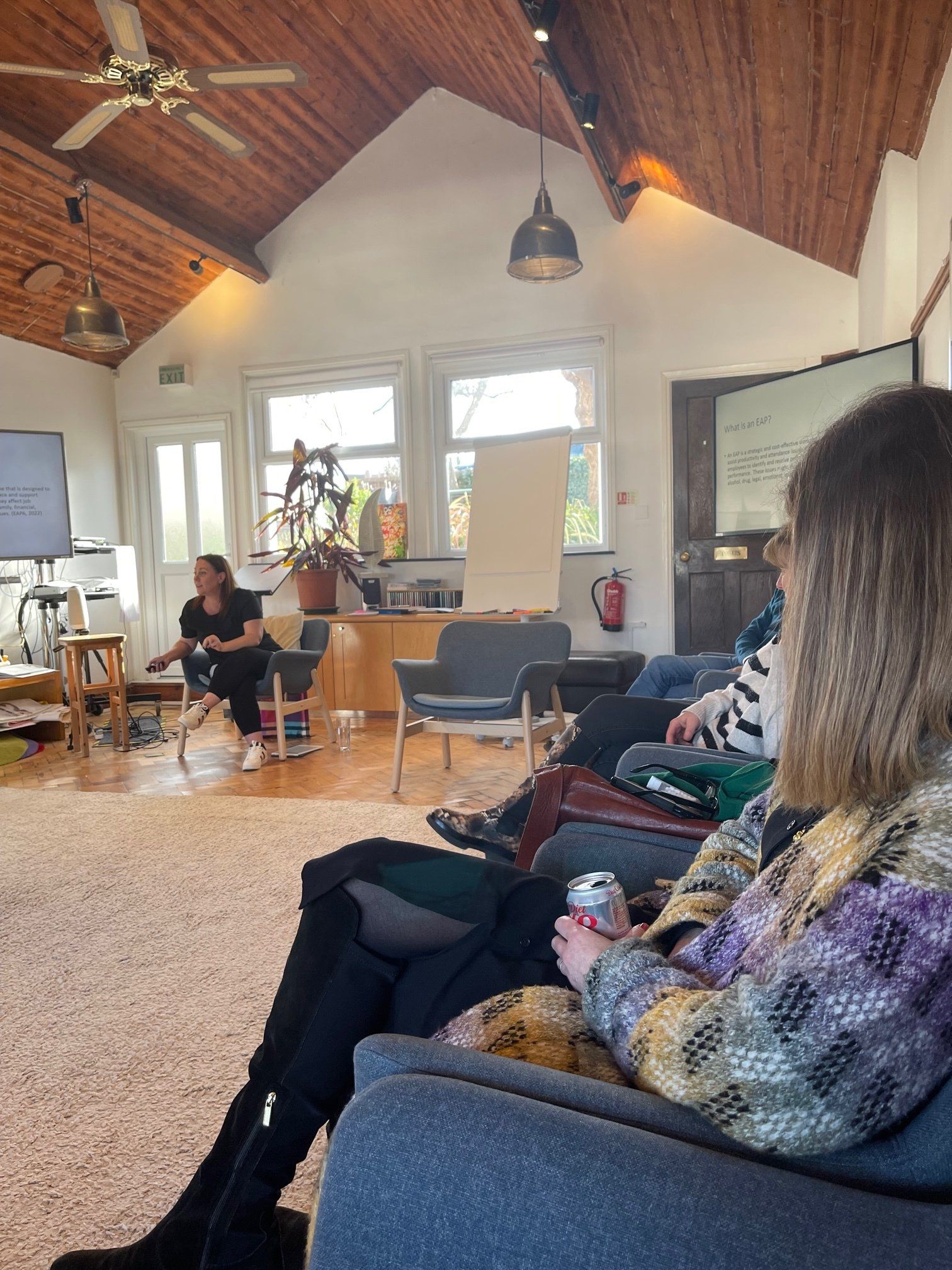
Slide title
Write your caption hereButton
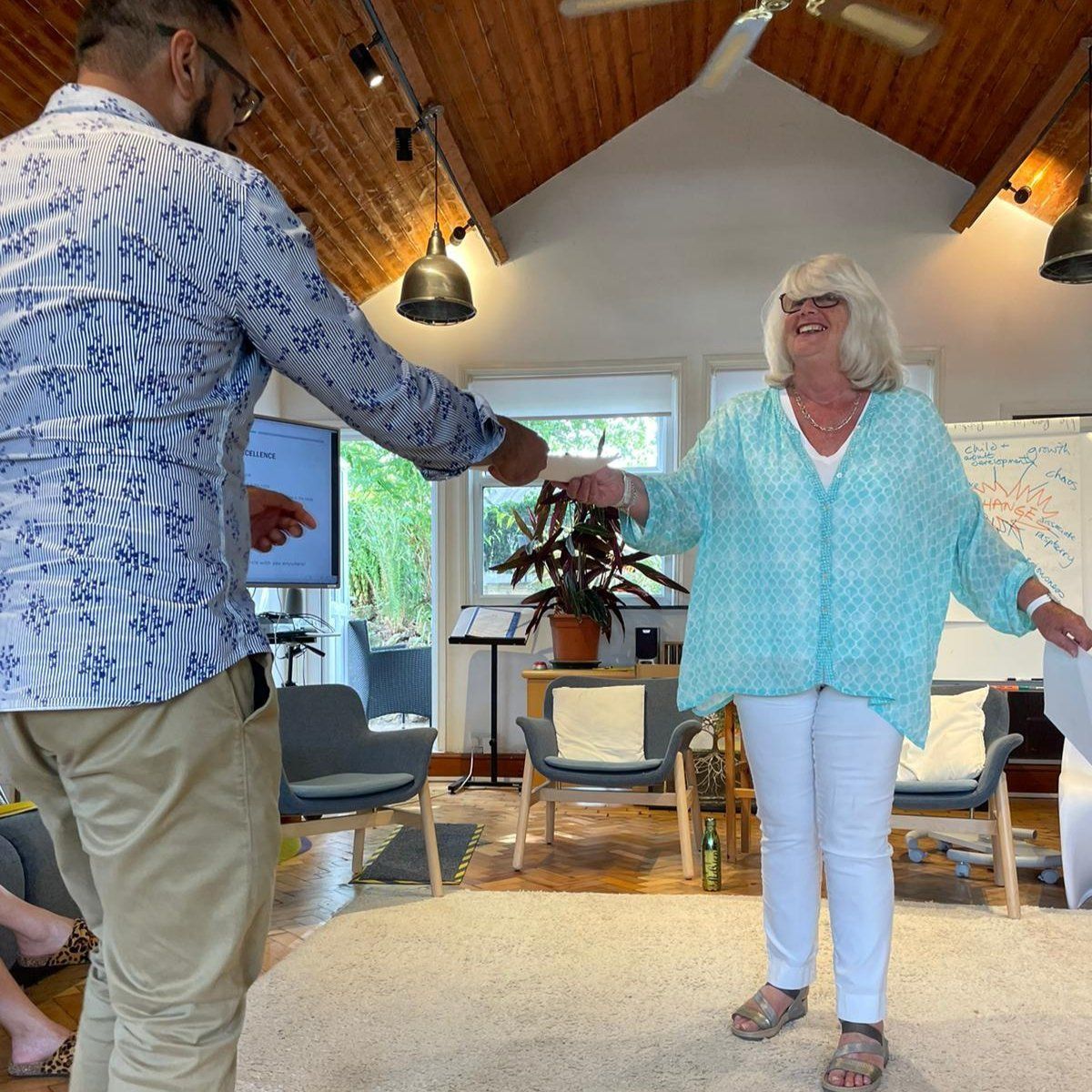
Slide title
Write your caption hereButtonSlide title
Write your caption hereButton
Slide title
Write your caption hereButtonSlide title
Write your caption hereButton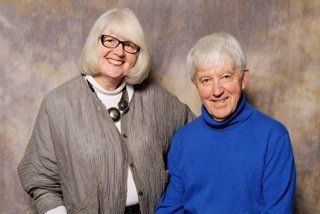
Slide title
Write your caption hereButton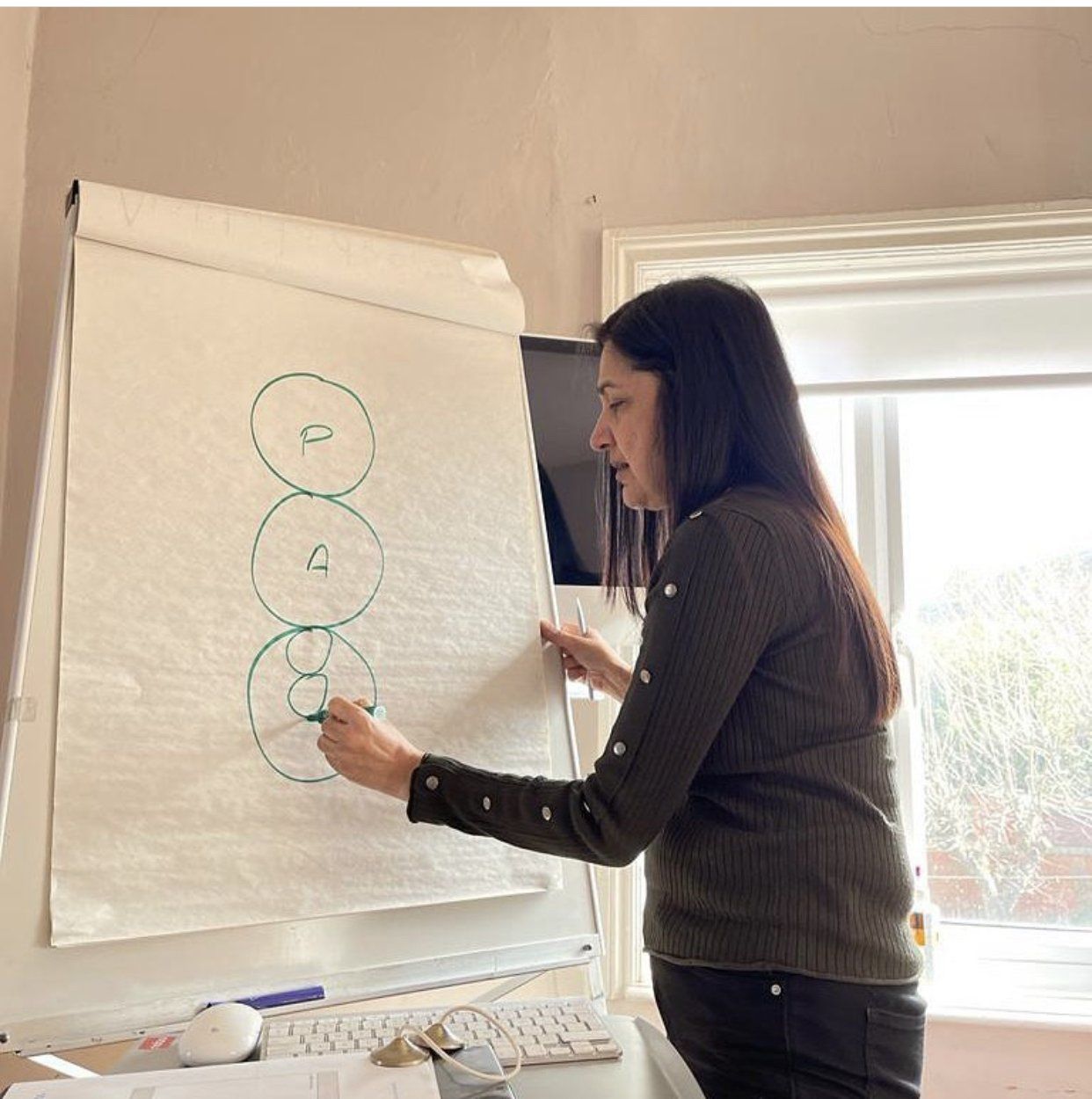
Slide title
Write your caption hereButtonSlide title
Write your caption hereButton
CONTACT US
The Berne Institute
Berne House
29 Derby Road
Kegworth
DE74 2EN
01509 673649
office@theberne.com

